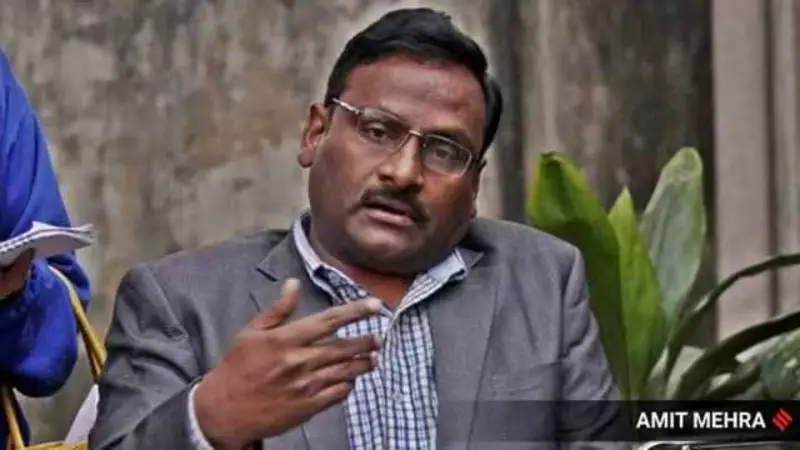
A year after the passing of former Delhi University professor GN Saibaba, Mumbai witnessed emotional scenes as left-leaning organizations and student groups gathered at the Tata Institute of Social Sciences (TISS) to commemorate his legacy. The memorial event, however, was shadowed by controversy as police filed a First Information Report (FIR) against participating students.
Police Action Sparks Campus Tensions
The Powai police station registered the FIR following the memorial event, naming several students under sections of the Indian Penal Code related to unlawful assembly and disobedience. This legal action has intensified existing tensions between student activists and law enforcement authorities.
Remembering the Controversial Academic
GN Saibaba, a wheelchair-bound academic with over 90% physical disability, passed away on March 7, 2023. His life and career remained deeply controversial - while human rights organizations globally celebrated him as a champion of marginalized communities, Indian authorities convicted him under the Unlawful Activities (Prevention) Act for alleged Maoist links.
Diverse Groups Unite in Memorial
The commemorative event saw participation from various left-wing fronts including the Collective, Forum Against Repression, and several student organizations. Participants emphasized Saibaba's contributions to academic discourse and his advocacy for tribal rights and social justice.
Campus Democracy Under Scrutiny
The FIR filing has raised serious questions about campus democracy and freedom of expression in educational institutions. Student representatives argue that memorial events constitute protected speech, while authorities maintain the necessity of maintaining legal boundaries.
Ongoing Legal and Social Battles
Even after his death, Saibaba's legal case continues with the Bombay High Court having acquitted him in 2022, though the Supreme Court later suspended this acquittal. The conflicting judicial opinions mirror the polarized public perception of the academic figure.
The TISS memorial event and subsequent police action highlight the continuing tensions between state security concerns and academic freedom in contemporary India, ensuring that Saibaba's legacy remains a point of vigorous debate across political and academic circles.





